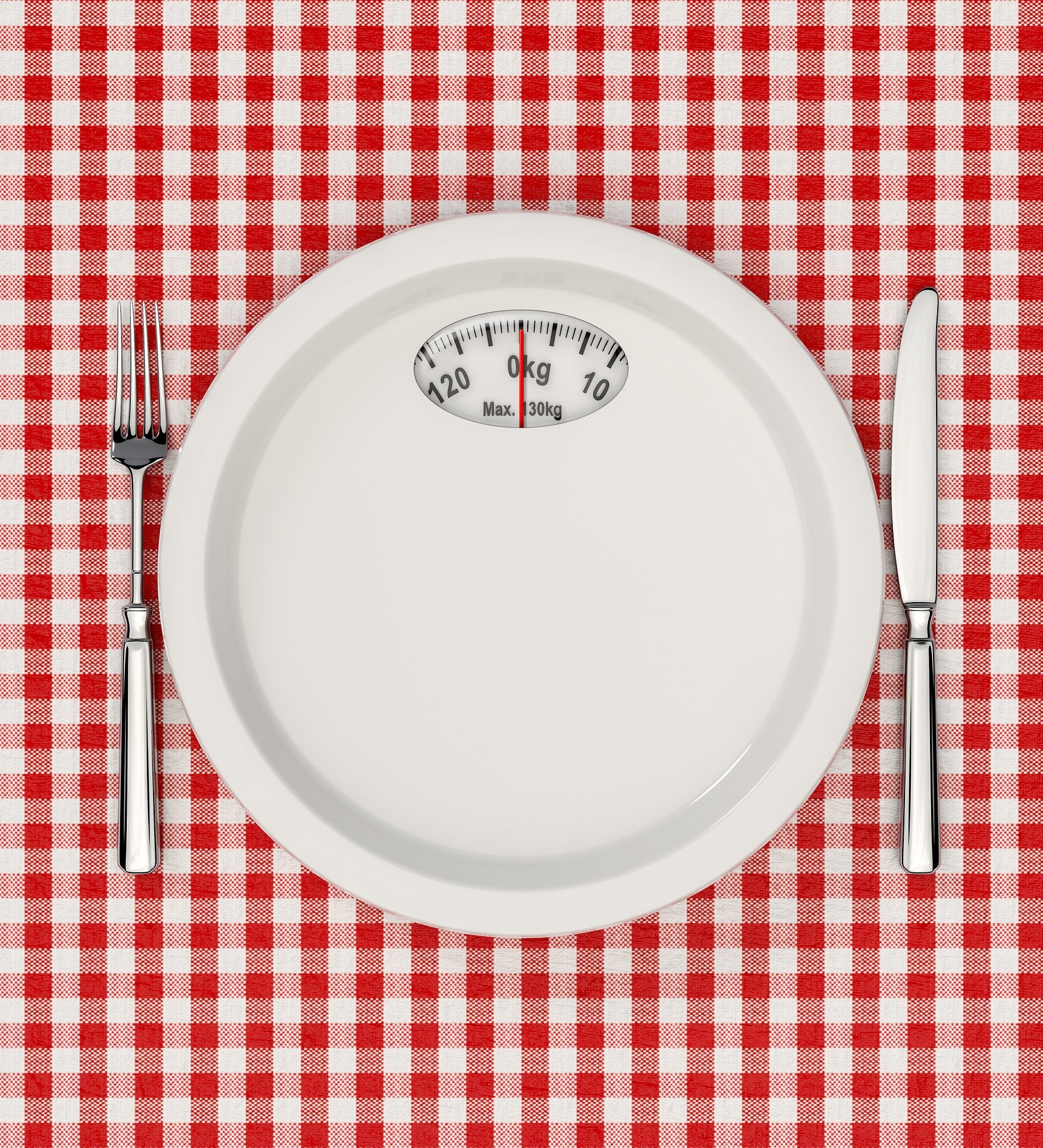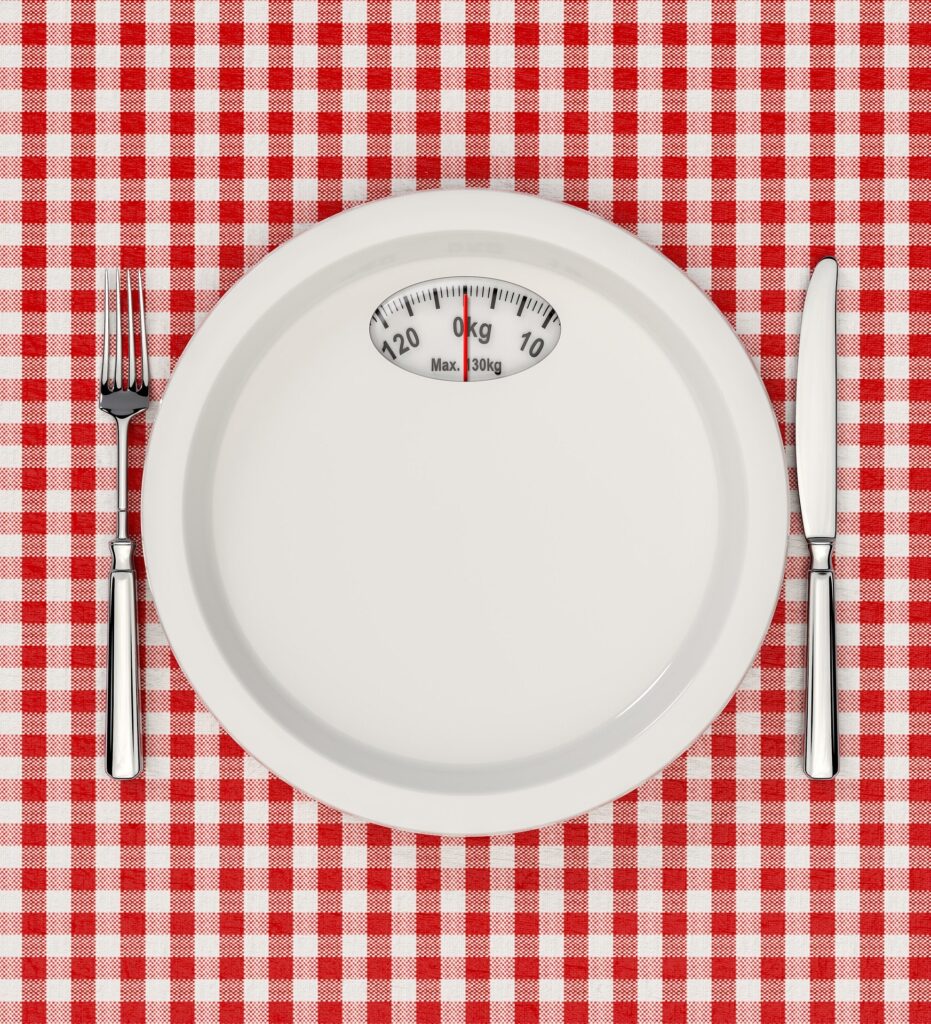Fundamentals of Dieting for Long-Term Success


Just like anything in life, dieting revolves around a set of fundamentals. As you’re well aware, without the fundamentals you would be stuck spinning your wheels and only slowly seeing progress if any at all. A diet, regardless of weight gain or weight loss, relies solely on the laws which influence body composition. These include calorie balance, macronutrient intake (protein, carbohydrate, and fat), and nutrient timing.
As you’ll see in my other articles I like to use the example of money management as a way to explain dieting. So in looking at managing your money, all of the fundamentals of personal finance are at play. Each of these fundamentals: budgeting, cutting spending, saving for retirement, 401k, etc., can all be ranked from the most important down to the least important. Using the money example, the most important aspect is the budgeting, without it there’s no idea of where your money comes from or where it goes. Yes, you could cut spending or start adding to a retirement plan or 401k, but these details are far less important than the budget itself.
“Why am I reading about all this money nonsense, I thought this was a dieting article?”
You’re right it is, story time is over. The important thing to realize is that just with personal finance, dieting has fundamentals, each of which is ranked according to importance. The rankings, in order are:
- Calorie Balance (50%)
- Macronutrient Intake (25%)
- Nutrient Timing (15%)
- Food Makeup (7%)
- Dietary Supplementation (3%)
Right now, you’re probably like, ”DUH!! Calorie balance is important, this article is dumb and not helping at all.”
But you would be shocked at how many individuals don’t realize this. Calorie balance is far and away the most important fundamental when it comes to dieting. This idea puts into practice the thought that eating less leads to fat loss and eating more leads to muscle gain – assuming all other fundamentals are adding less than the main effect (which they are).
Macronutrient amounts come in at number two in ranking of importance for dieting. Ensuring that you’re eating the proper amounts of protein, carbohydrates, and fats makes all the difference when you’re working to try and get leaner or add more muscle.
Numero three, is nutrient timing. Now we’re getting into minutiae. In terms of dieting fundamentals, nutrient timing is exponentially less important than both calorie balance and macronutrient amounts. For most general gym goes it likely isn’t important, but for strength and conditioning athletes it is meaningful.
The fourth fundamental is the makeup of the food you’re eating. This fundamental is relevant, but really only comes into play when the other three fundamentals are in line. If you’re alive I’m sure you’ve heard of I.I.F.Y.M. (If It Fits Your Macros). This goes against food makeup and states that you can eat whatever you want (candy, sweets, donuts, ice cream, etc.) as long as it fits in your macronutrient allotment. That argument is for another article, just know that food composition is a fundamental aspect of dieting.
Lastly, is dietary supplementation. People will be probably upset with me for putting it last, as this is where the majority of dieters like to start:
“What can I buy for me to lose fat for my vacation in one week?”
“Should I take my whey protein shake within 30 minutes after my workout?”
“Should I be using this testosterone booster to increase my testosterone?”
The problem is, as I’ve covered in my article on dietary supplements, supplements should be considered when the top four fundamentals are in order, not before any of them have been addressed. Supplements should be exactly that, they are meant to “supplement” a diet which is already proving to be effective. They play a tiny role in dieting success, and by no means is there a supplement powerful enough to overcome calorie balance, but if you find one you would easily be a billionaire.
So when you’re thinking about starting your next diet, make sure to look at the big picture. If you’ve got your calorie balance in place, then move on to the next step, so on and so forth. Both you and I, don’t want you to invest in supplements only to waste your money and spin your wheels. See my additional blog posts on each of the fundamentals in the weeks to come so that you’re able to design your own diet and be successful.
Oh, and if you’d be so kind, hit that share button and share with a friend of yours. I would really appreciate it!

Recent Comments